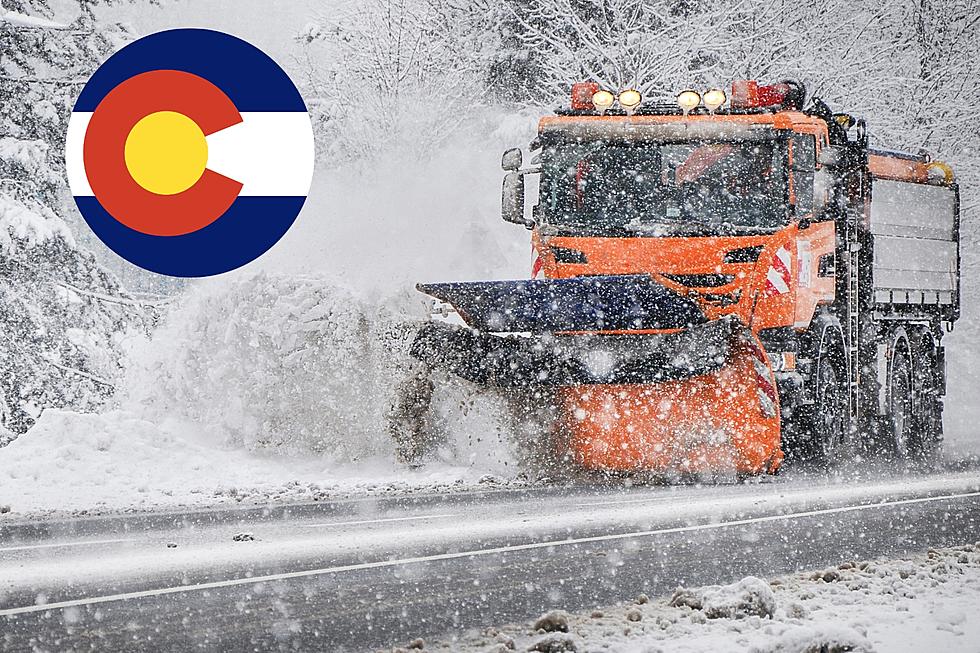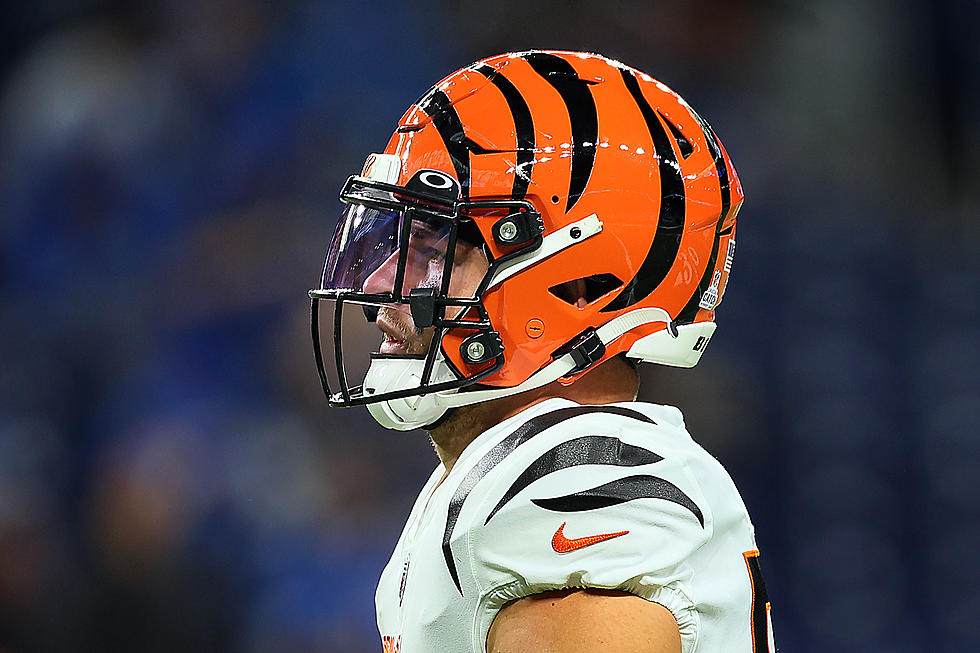
Thanksgiving Facts You May Or May Not Know
Why did they start playing an NFL game on Thanksgiving? Did Thanksgiving have anything to do with the invention of the TV Dinner and what happened in 1942 at Westminster Abbey? Here is a list of some interesting facts about Thanksgiving that you may or may not know.
- In 1953, someone at Swanson severely overestimated the amount of turkey Americans would consume that Thanksgiving. With 260 tons of frozen birds to get rid of, a company salesman named Gerry Thomas ordered 5,000 aluminum trays, recruited an assembly line of women armed with spatulas and ice-cream scoops and began creating mini-feasts of turkey, corn-bread dressing, peas and sweet potatoes — creating the first-ever TV dinner. Thomas later said he got the idea from neatly packaged airplane food.
- Thanksgiving is ruled by two very powerful f-words: "food" and "football." Nearly as old as the sport itself, the tradition of watching football on Thanksgiving began in 1876, when the newly formed American Intercollegiate Football Association held its first championship game. Less than a decade later, more than 5,000 club, college and high school football teams held games on Thanksgiving, with match-ups between Princeton and Yale drawing more than 40,000 fans out from their dining rooms. 1934 marked the first NFL game held on Thanksgiving when the Detroit Lions took on the Chicago Bears. The Lions have played on Thanksgiving ever since — except, of course, when the team was called away to serve during World War II.
- FDR learned the hard way not to mess with some traditions. In 1939, the President declared that Americans should celebrate the annual feast one week early, hoping the decision would spur retail sales during the Great Depression. But Americans did not react kindly to the New Deal meal. Some took to the streets while others took to name-calling; the mayor of Atlantic City solved the controversy by declaring his residents would simply enjoy two meals — Thanksgiving and "Franksgiving." After two years of squabbling (or gobbling, as it were), Congress adopted a resolution in 1941 setting the fourth Thursday of November as the legal holiday.
- The woman who wrote the classic nursery rhyme "Mary Had a Little Lamb" also played an integral role in making Thanksgiving a national holiday. After a 17-year letter-writing campaign, magazine editor Sarah Josepha Hale finally convinced President Abraham Lincoln to issue an 1863 decree recognizing the historic tradition.
- In 1942, London's Westminster Abbey held Thanksgiving services for U.S. troops stationed in England. More than 3,500 soldiers filled the church's pews to sing America, the Beautiful and The Star-Spangled Banner — the first time in the church's 900-year history that a foreign army was invited to take over the grounds. It was an ironic gesture given the holiday's origins as a festival for pilgrims
- The annual White House tradition of pardoning a turkey before Thanksgiving began in 1947, when President Harry Truman took pity on one lucky fowl. Other historians say the practice began during the 1860s, when Abraham Lincoln granted a pardon to a pet turkey belonging to his son, Tad. The tradition may alleviate some of America's guilt, but it doesn't stop us from slaughtering more than 46 million turkeys for the holiday.
- While the first Thanksgiving was held in 1621, it would take more than 150 years before all 13 colonies celebrated Thanksgiving at once, in October 1777. In 1789, George Washington hailed the holiday, while President Thomas Jefferson scoffed at the notion, calling Thanksgiving "the most ridiculous idea" ever conceived. For his part, Benjamin Franklin had such an affinity for turkey that he lobbied to make it the national bird (to no avail).
- Thanks to the culinary genius of Louisiana (or Wyoming or South Carolina — each region has staked its claim), more and more Americans are forsaking Butterballs for Turduckens. A what? Picture this: a turkey stuffed with a duck stuffed with a chicken. It's like a Russian nesting doll only with poultry. One store in Louisiania claims to ship more than 5,000 turduckens the week before the feast. Though this may seem like sacrilege to some, the original Thanksgiving meal featured fish, oysters, eel and lobster as well as wild turkey. Other modern pilgrims settle for a tofu version ("tofurkey") or the wildly dangerous "deep-fried turkey."
- Thanksgiving was initially meant to be a fast, not a feast. The devout settlers at Plymouth Rock mostly recognized "giving of thanks" in the form of prayer and abstaining from food. But the Wampanoag Indians, who joined the pilgrims for their 3-day celebration, contributed their own harvest traditions — dancing, games and feasting — from their ancient festival, Nickommoh, meaning "to give away" or "exchange."
- Three towns have been named after the holiday's starring player — Turkey, Texas, Turkey Creek, La. and Turkey, N.C. — each with less than 500 residents. Legend has it that the pheasant's name came from the wayward traveler Christopher Columbus, who thought he was in India when he arrived in "The New World" and, hence, dubbed the pheasant a "tuka," an Indian term for peacock. The name stuck.
More From K99









